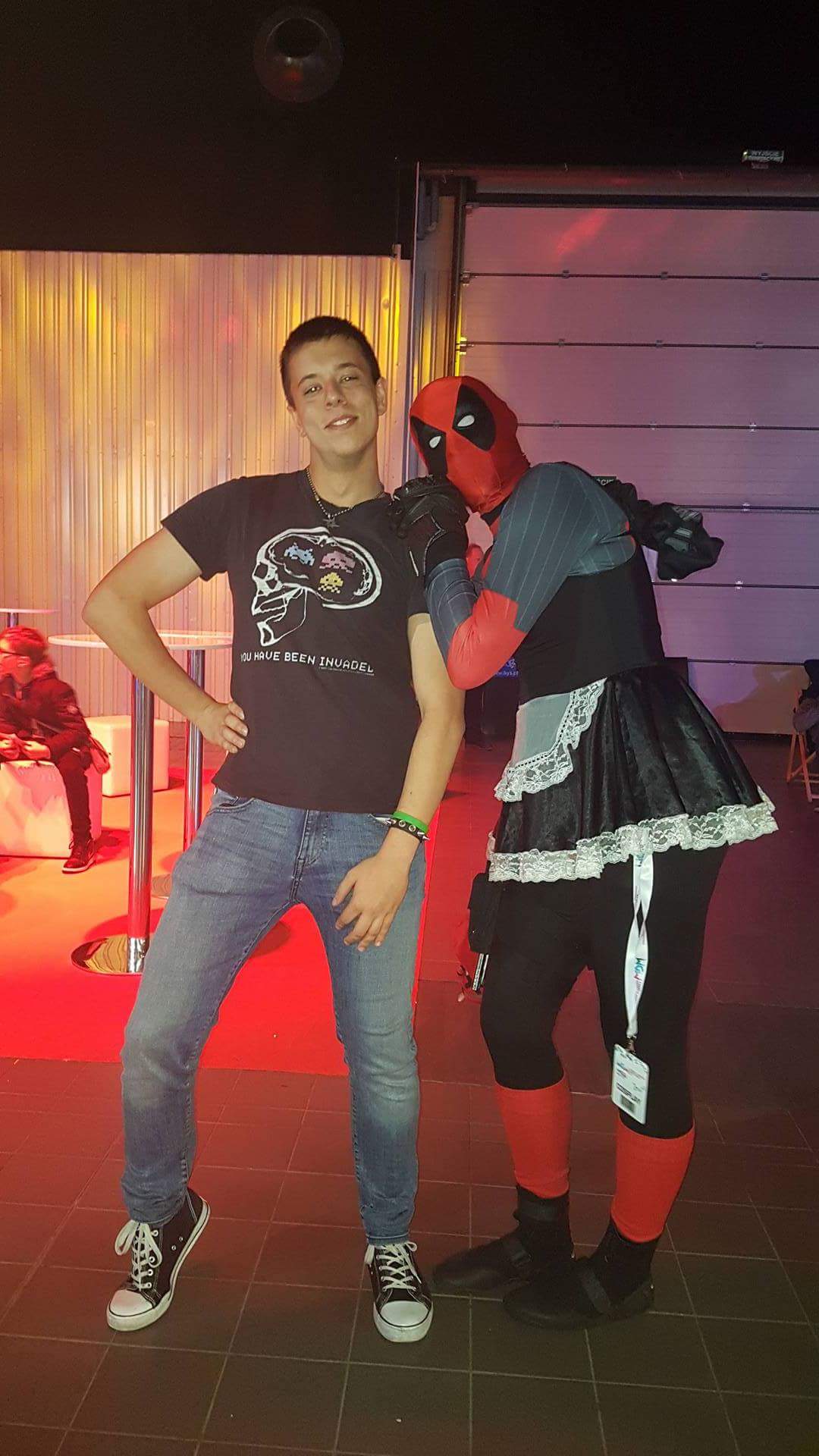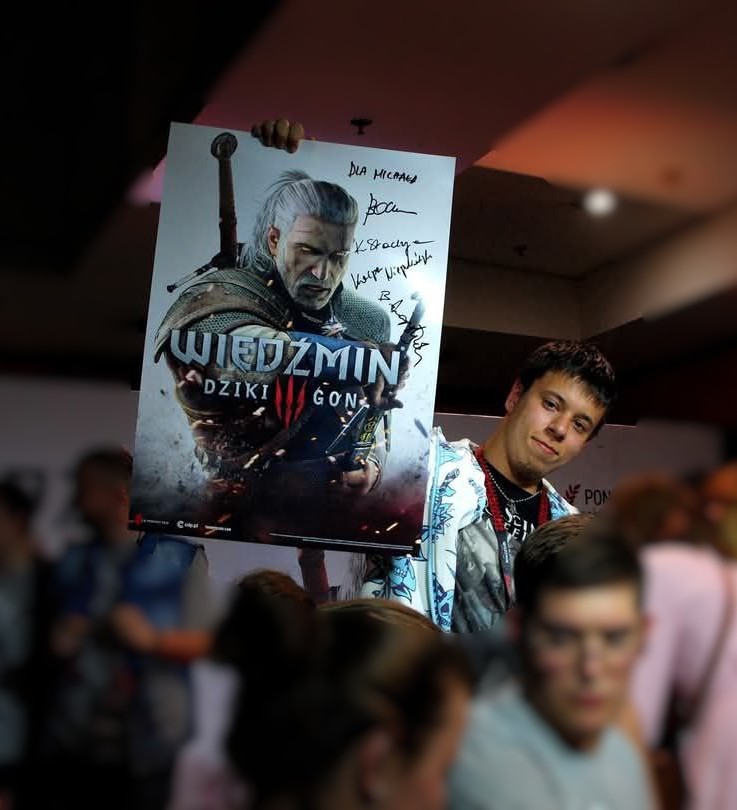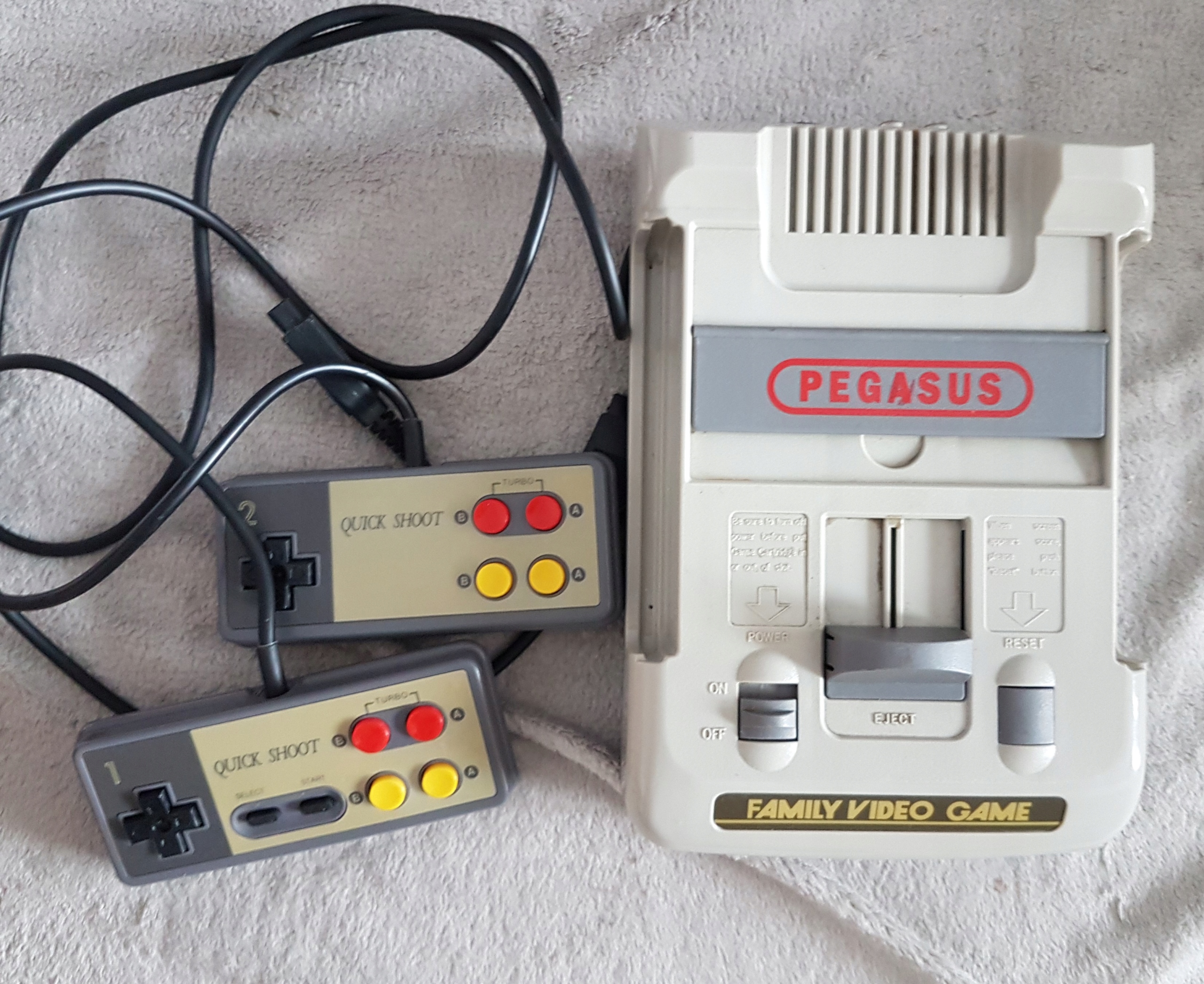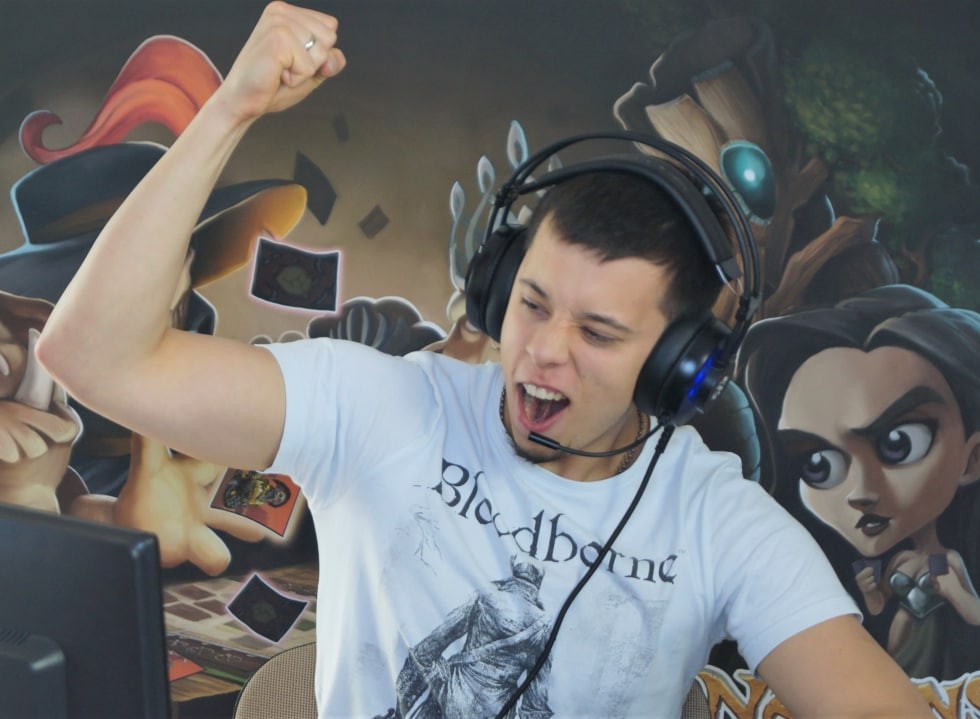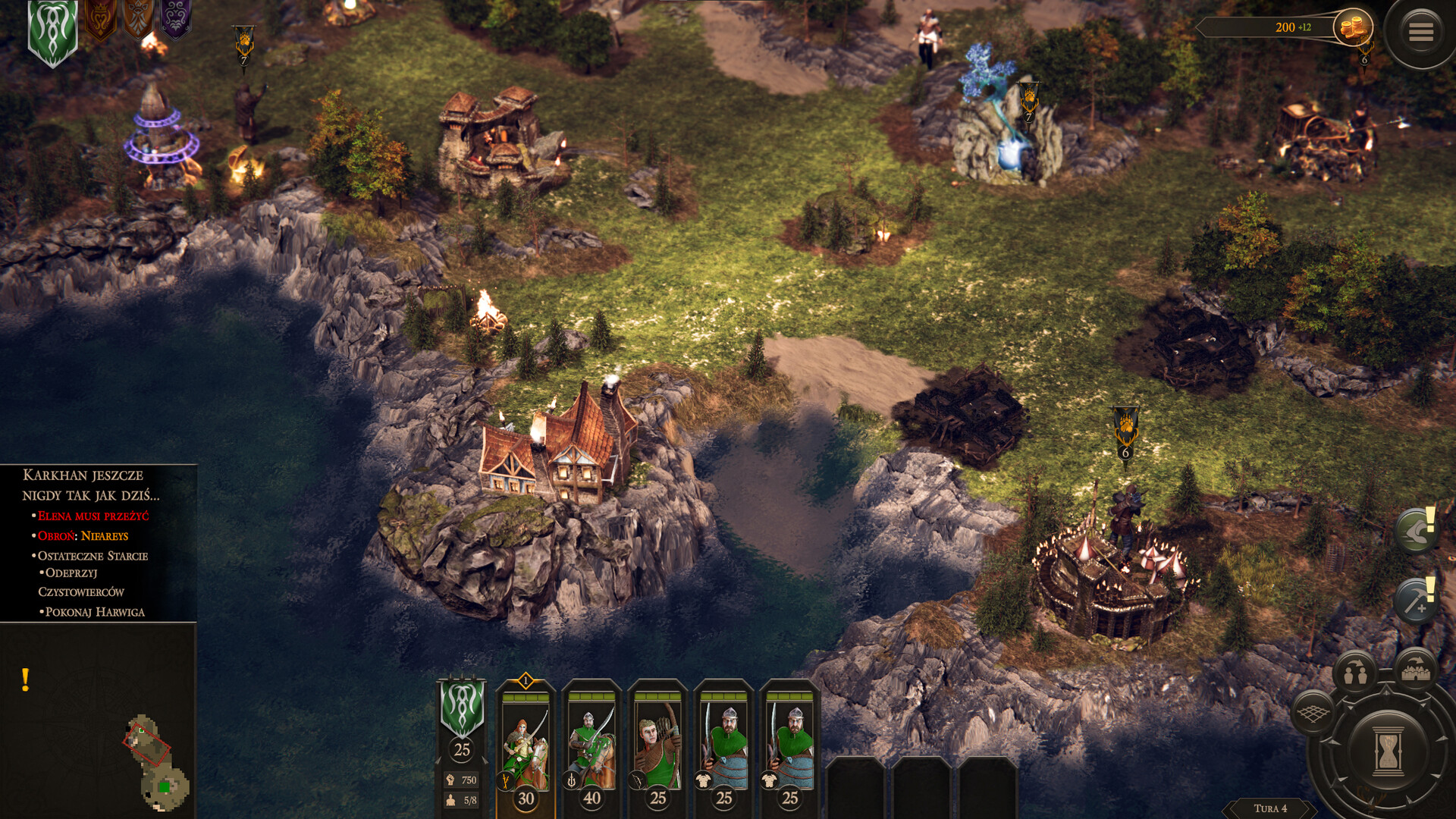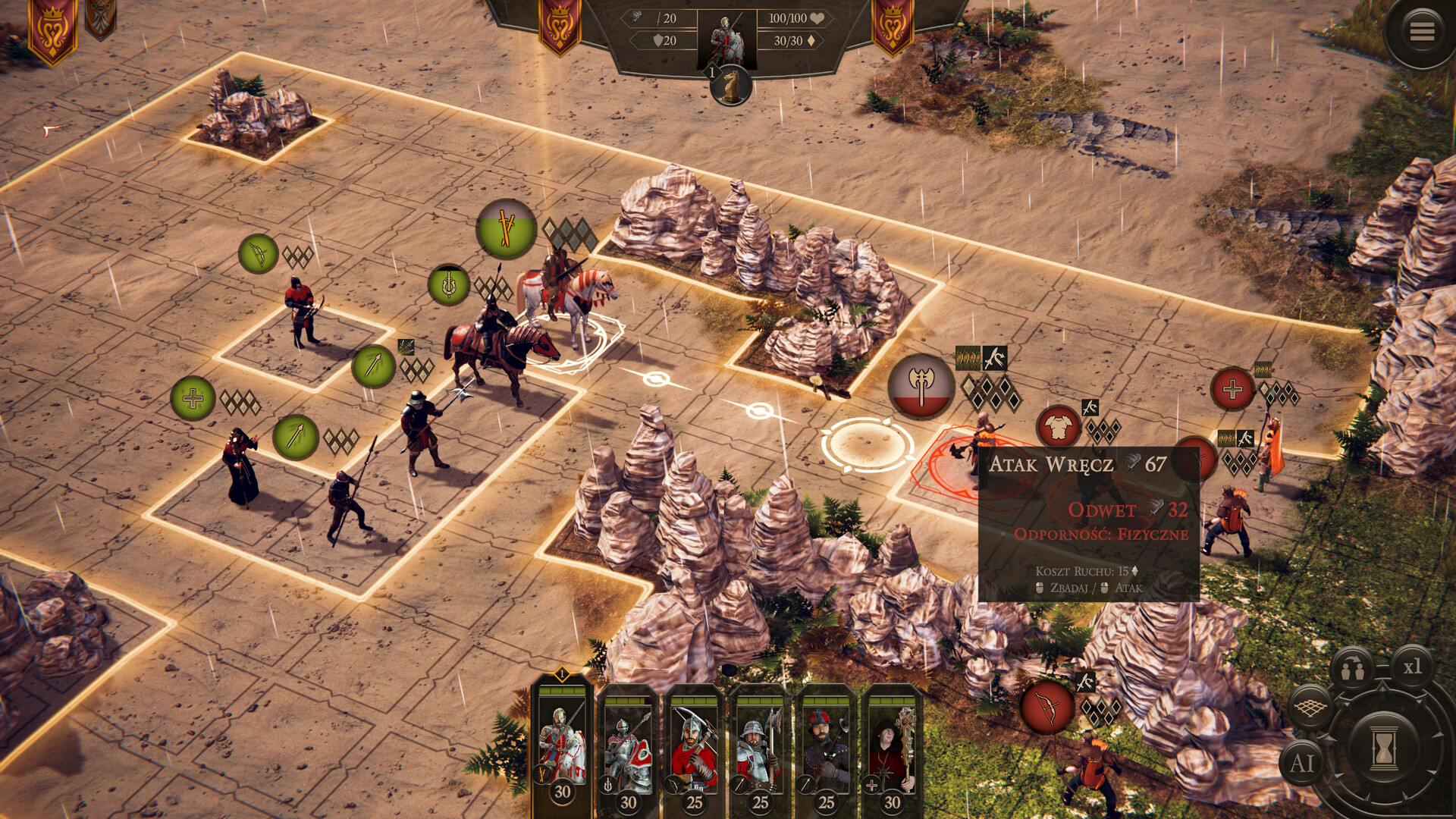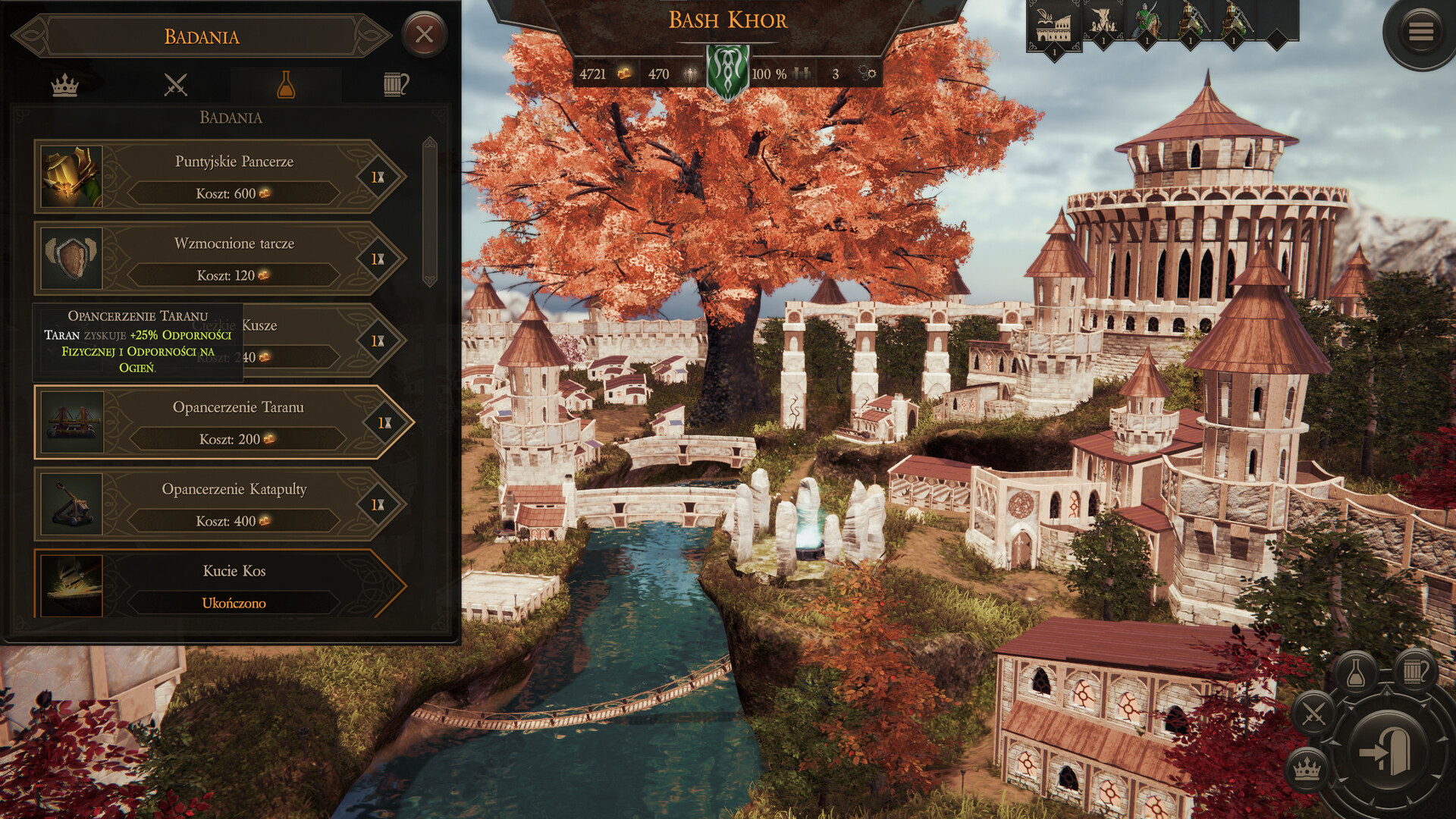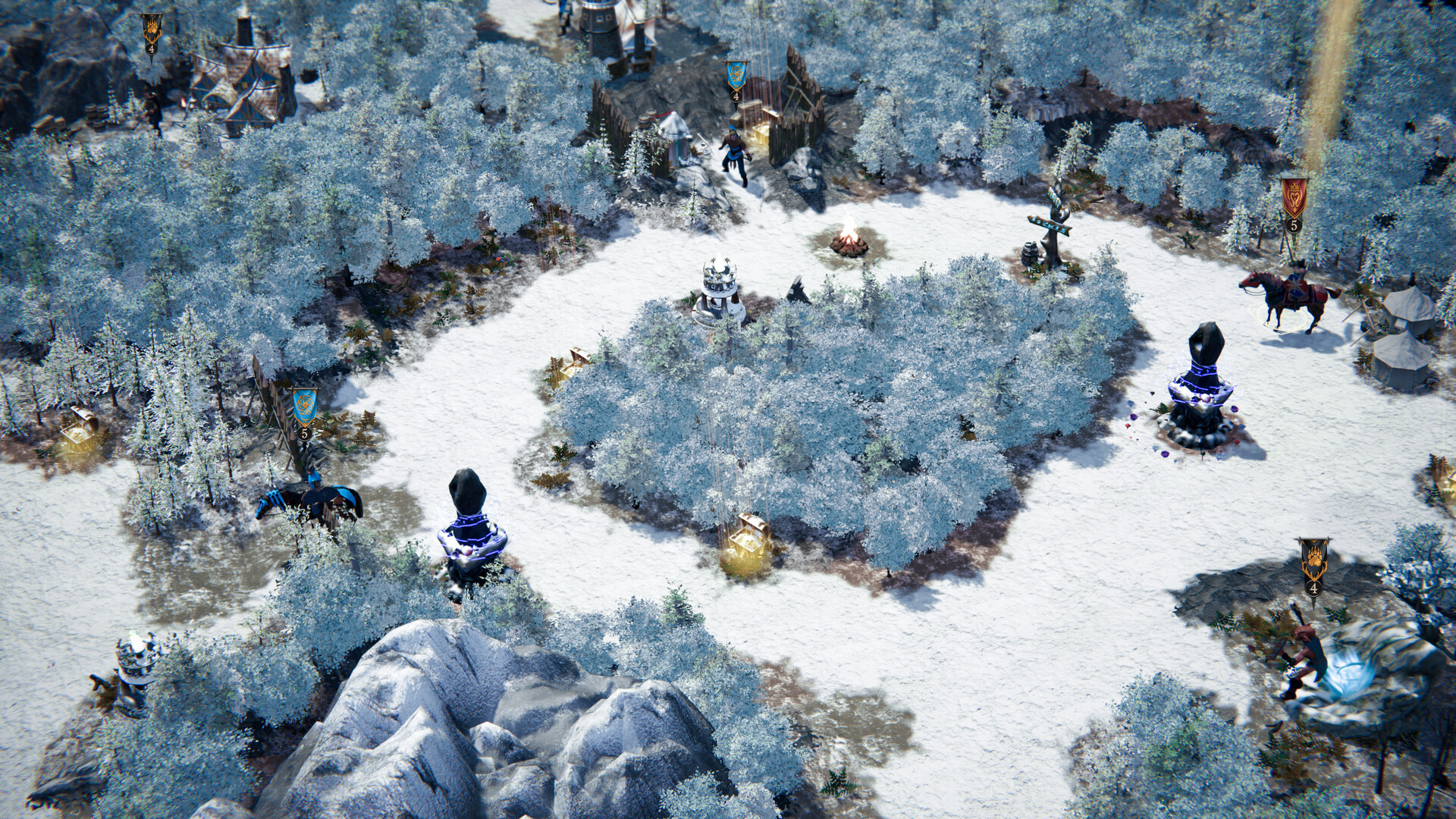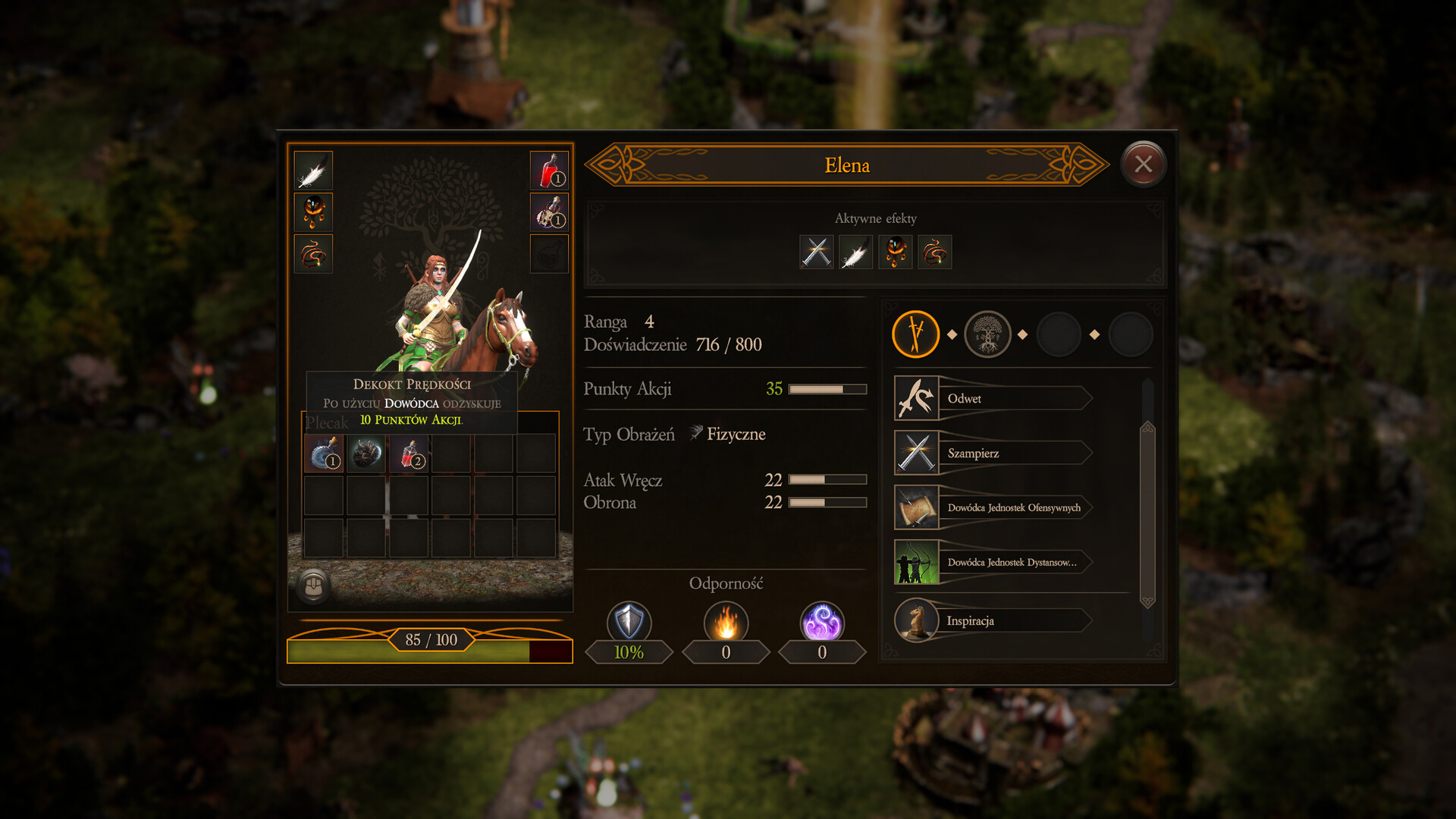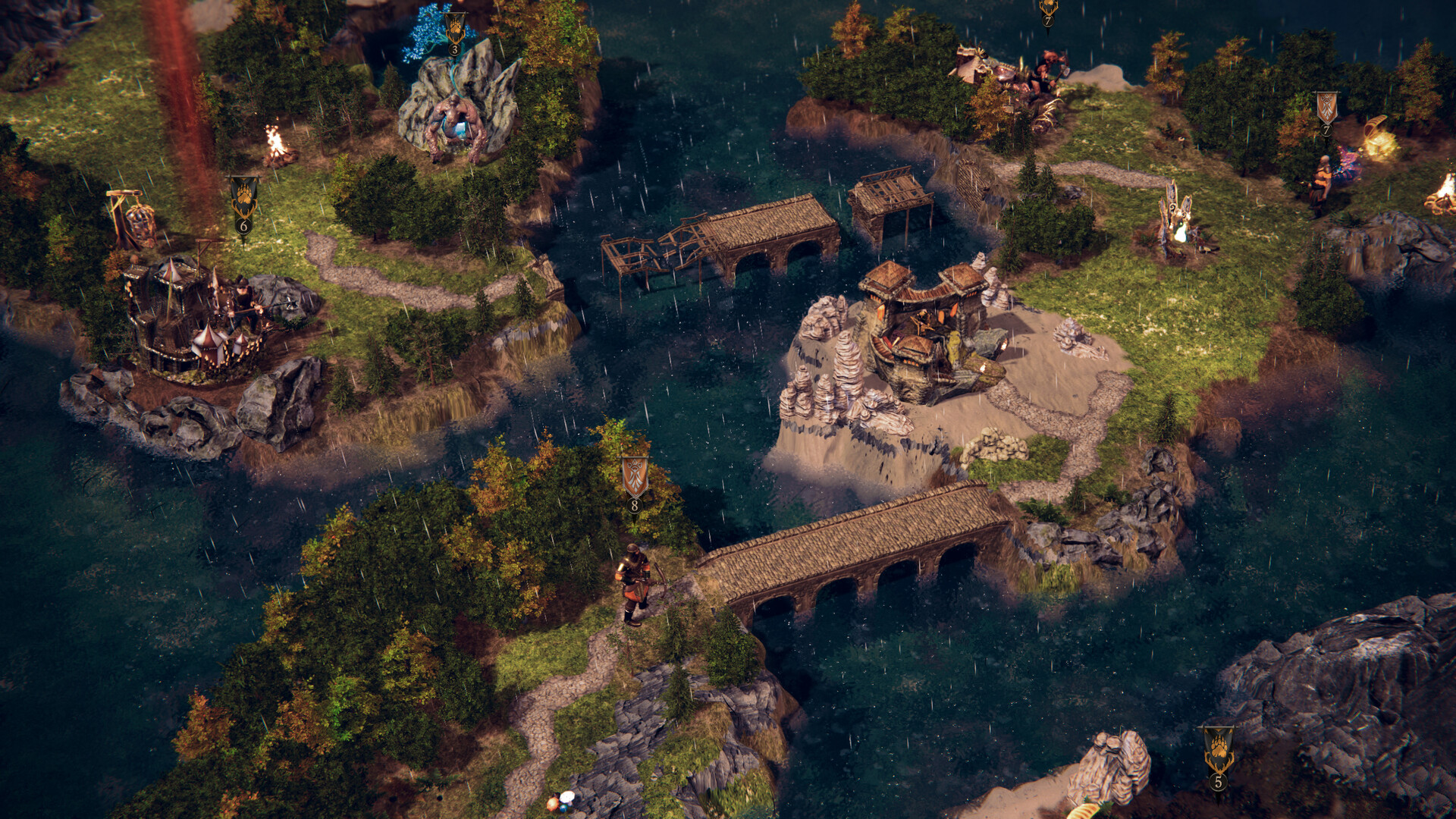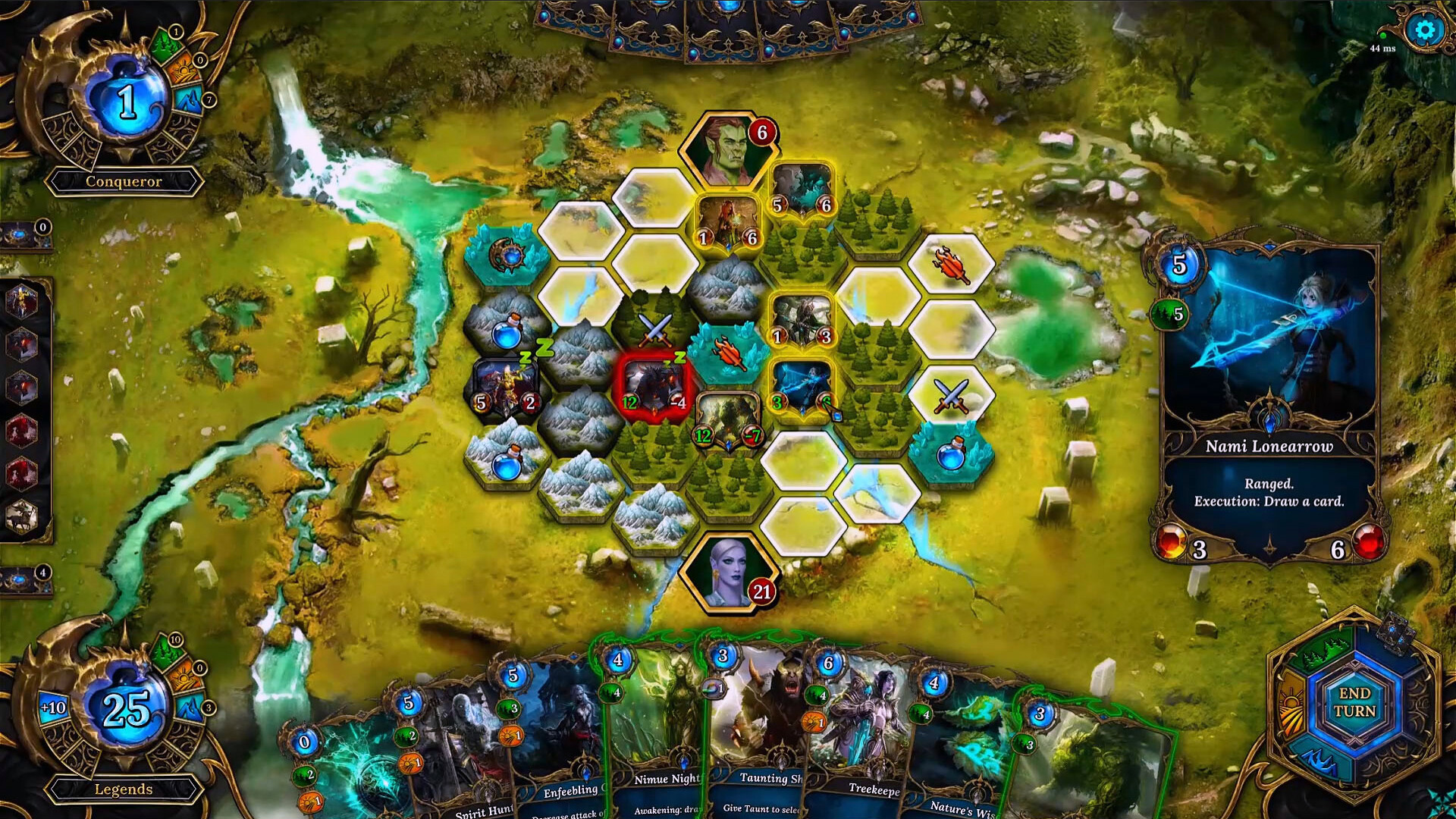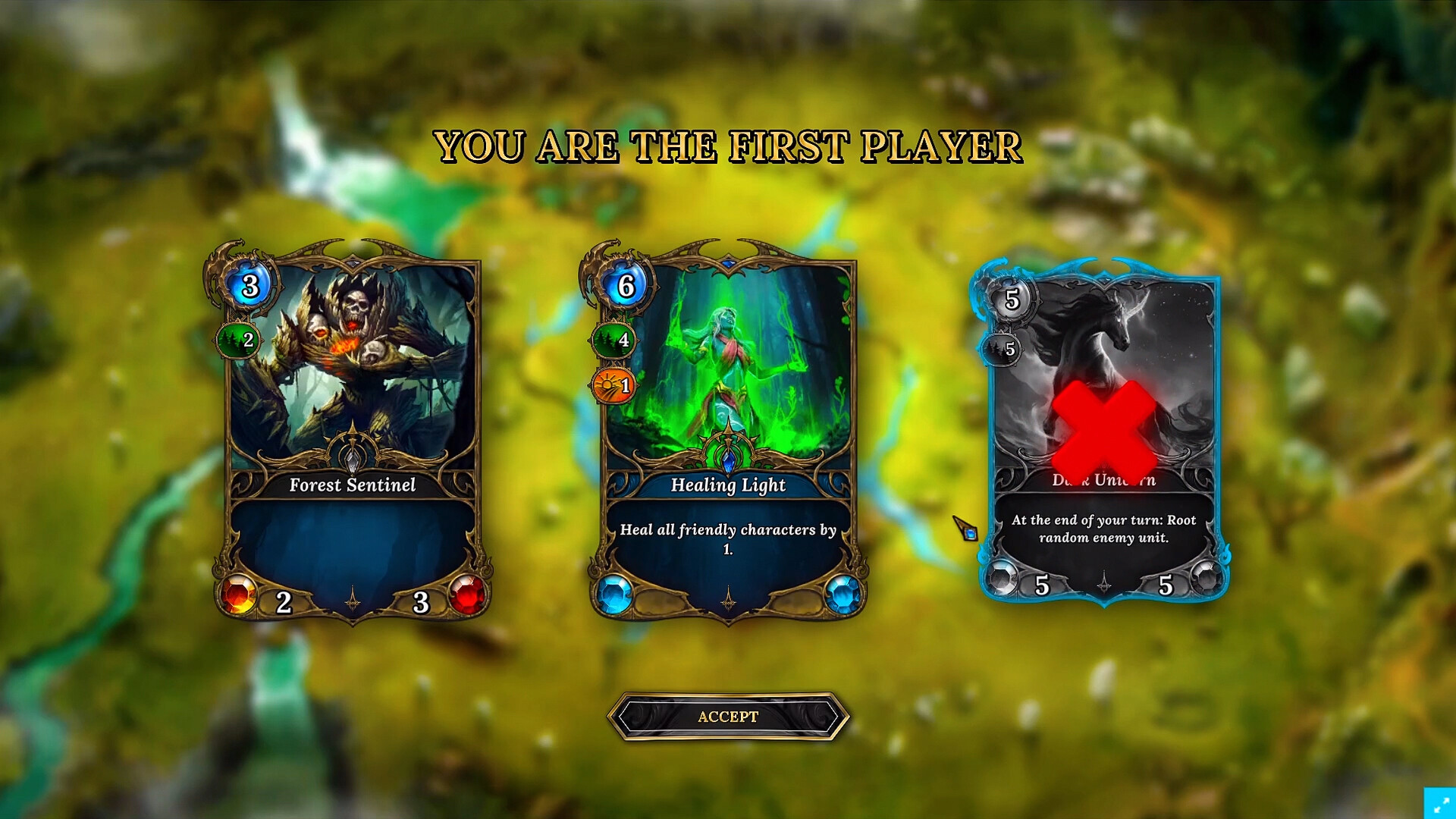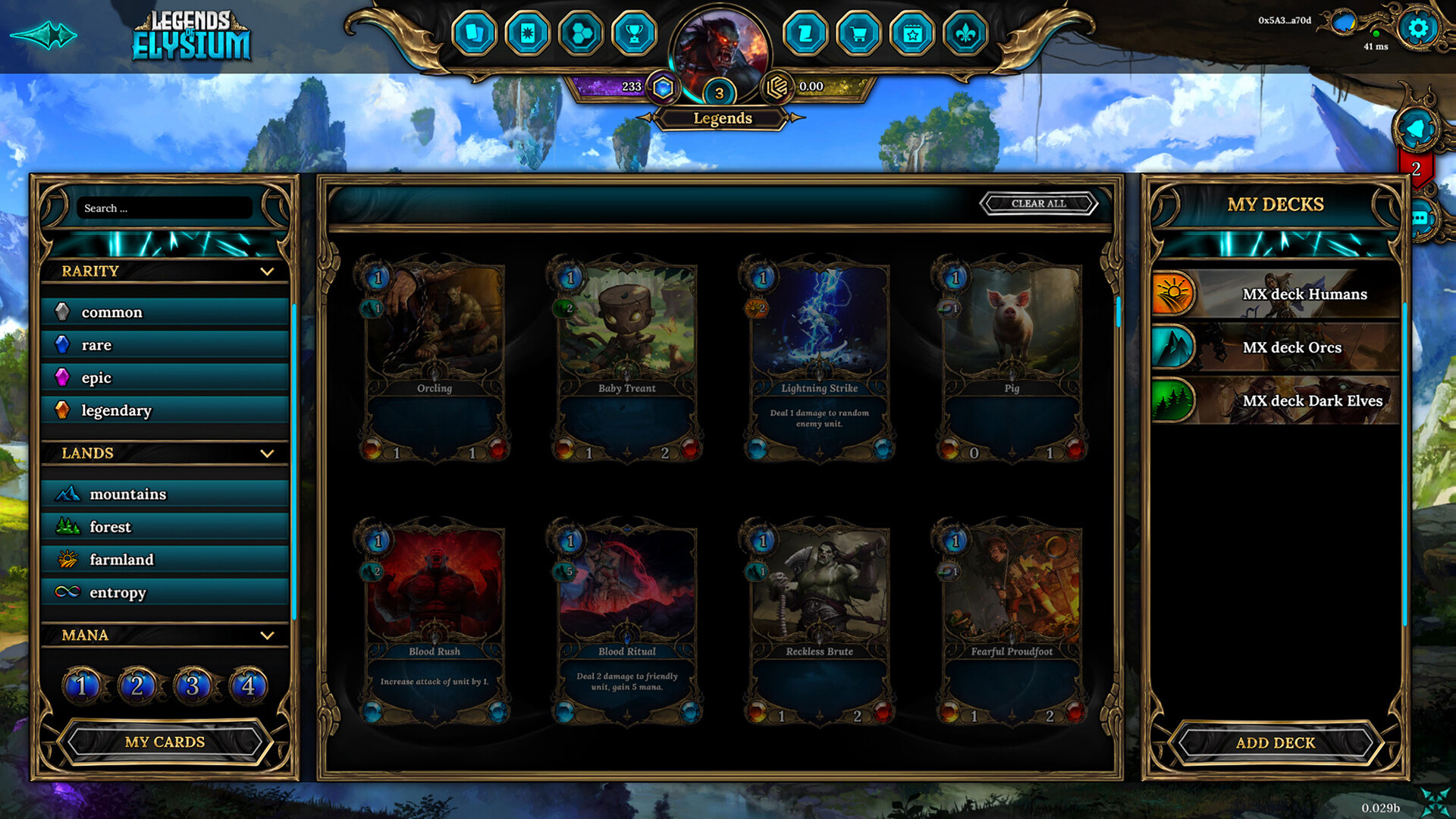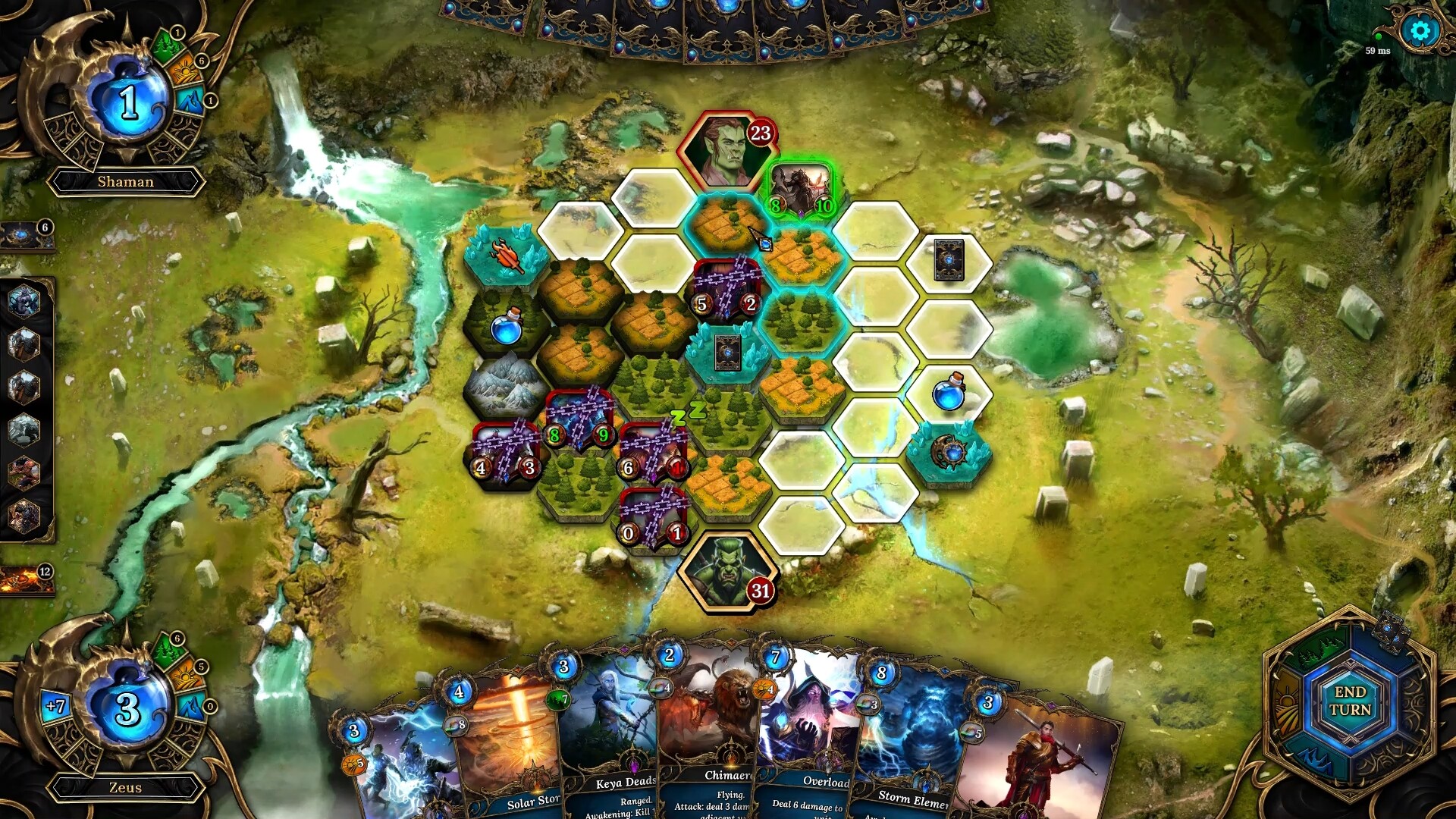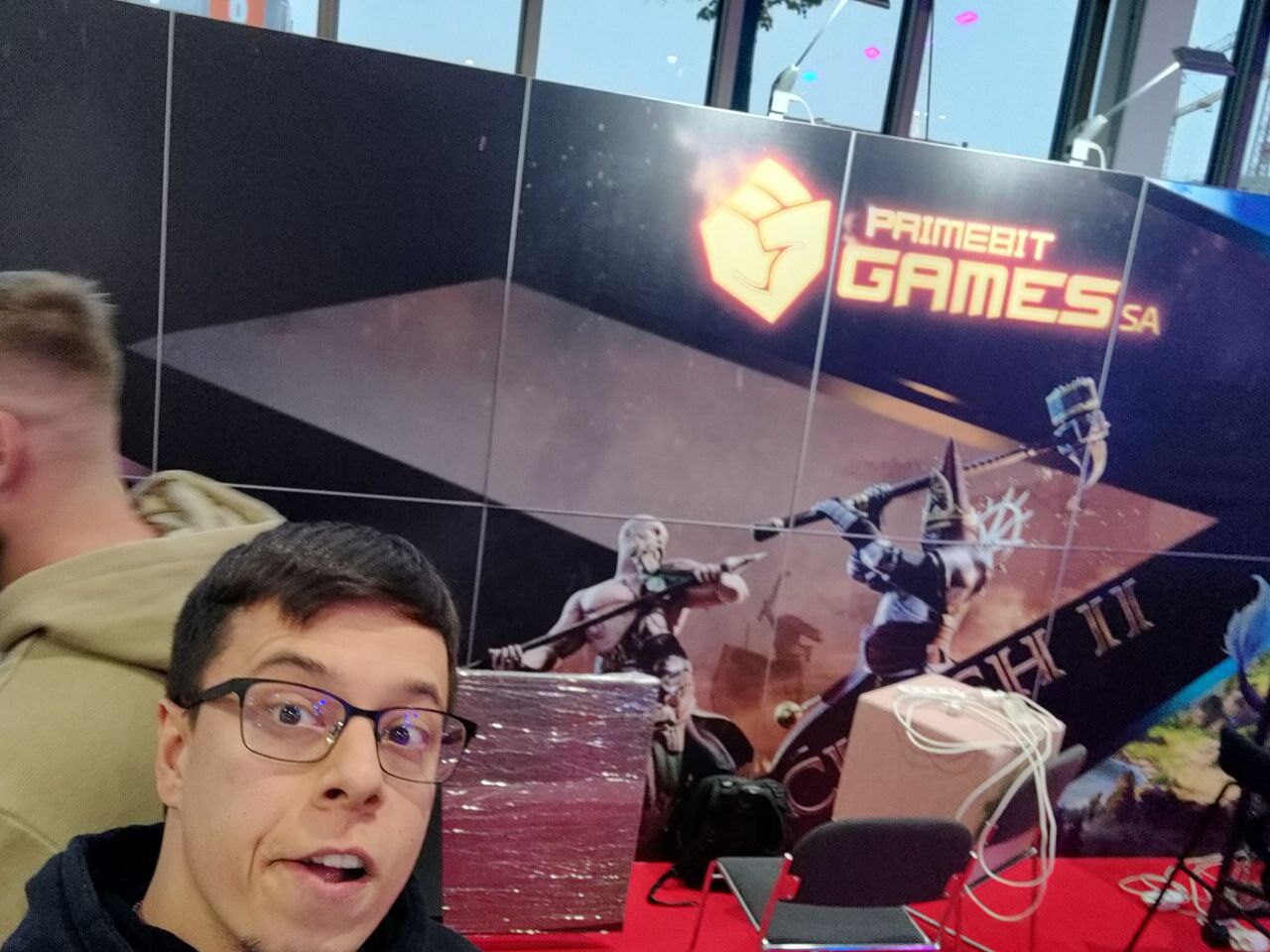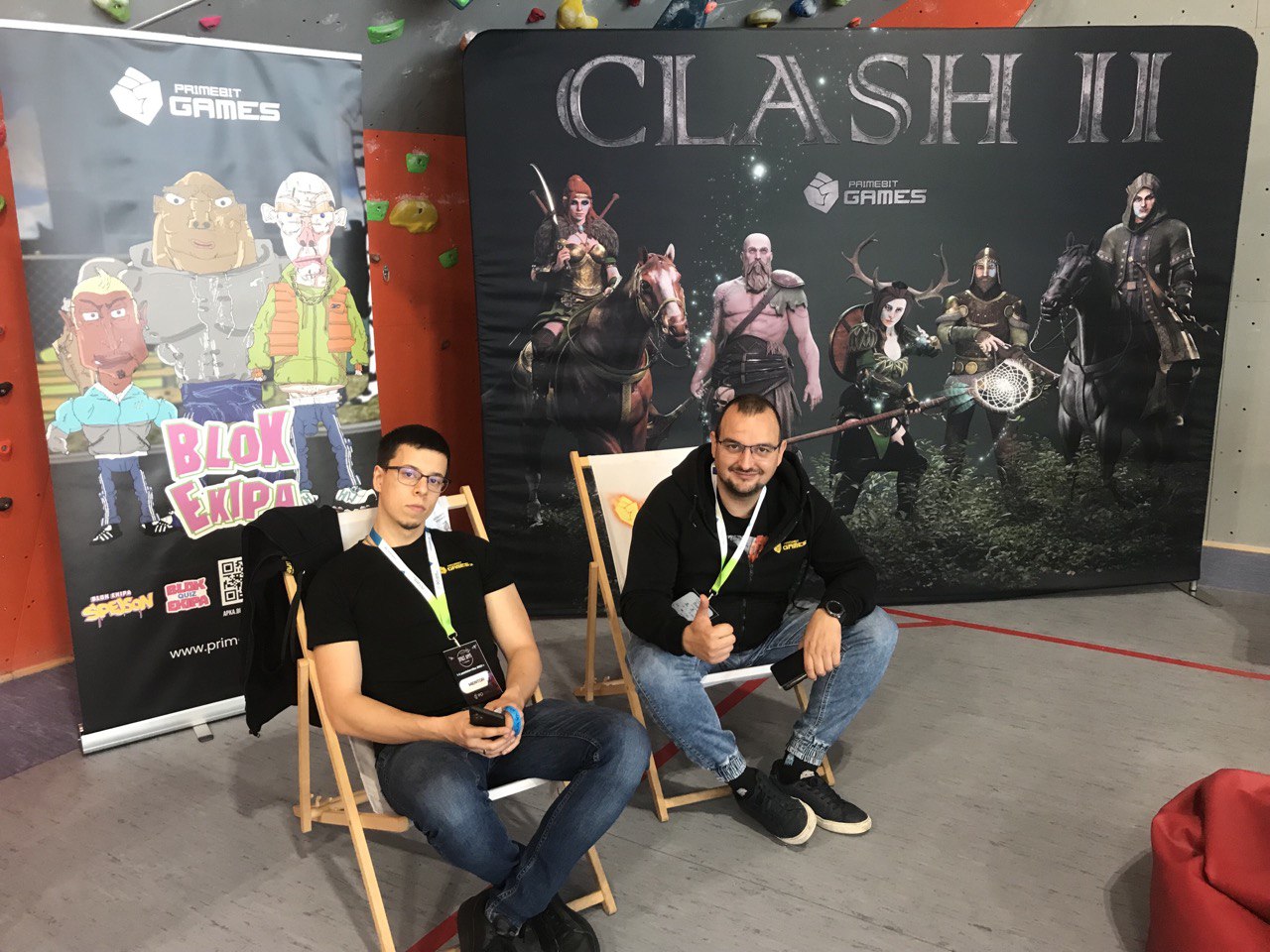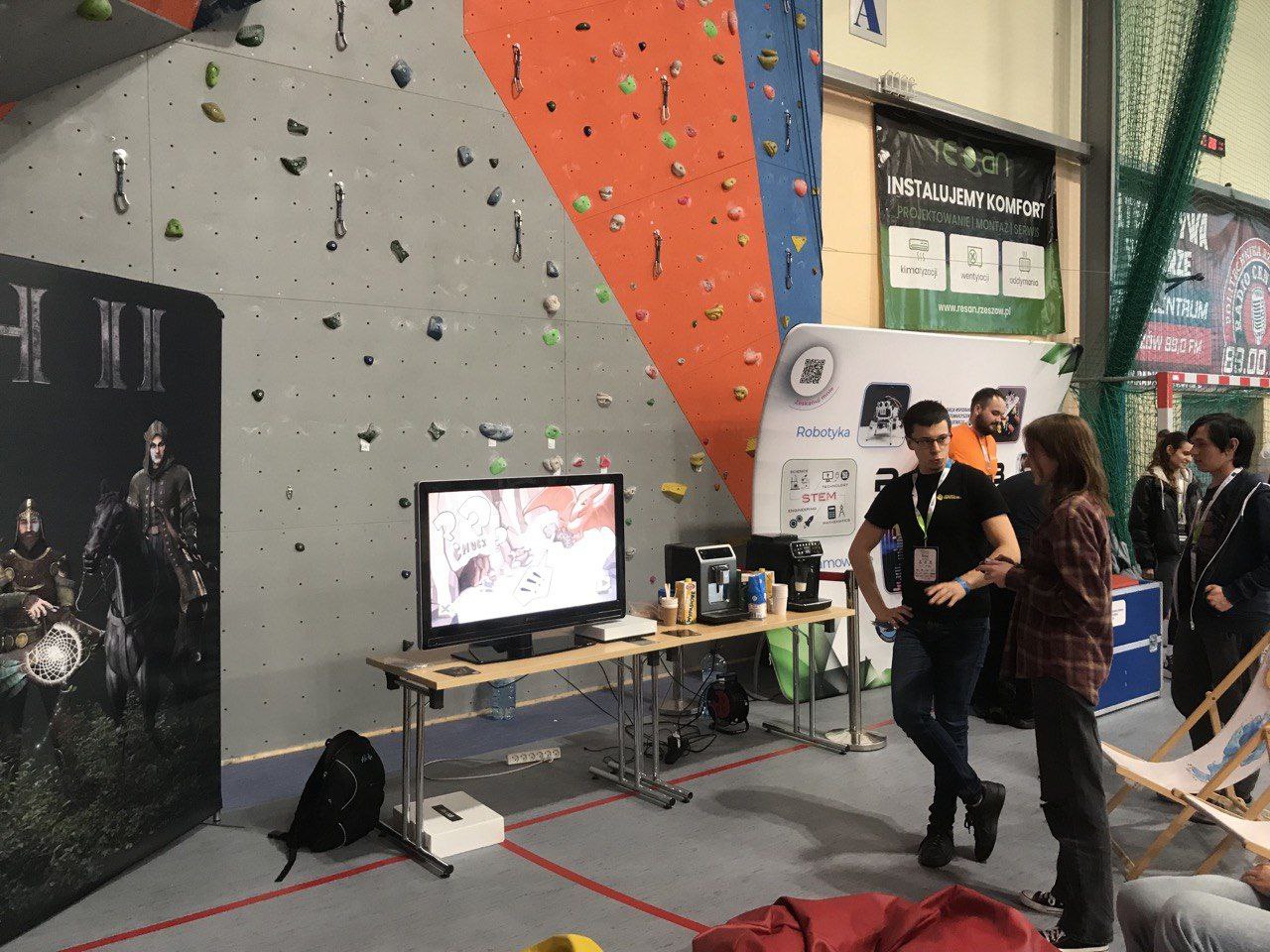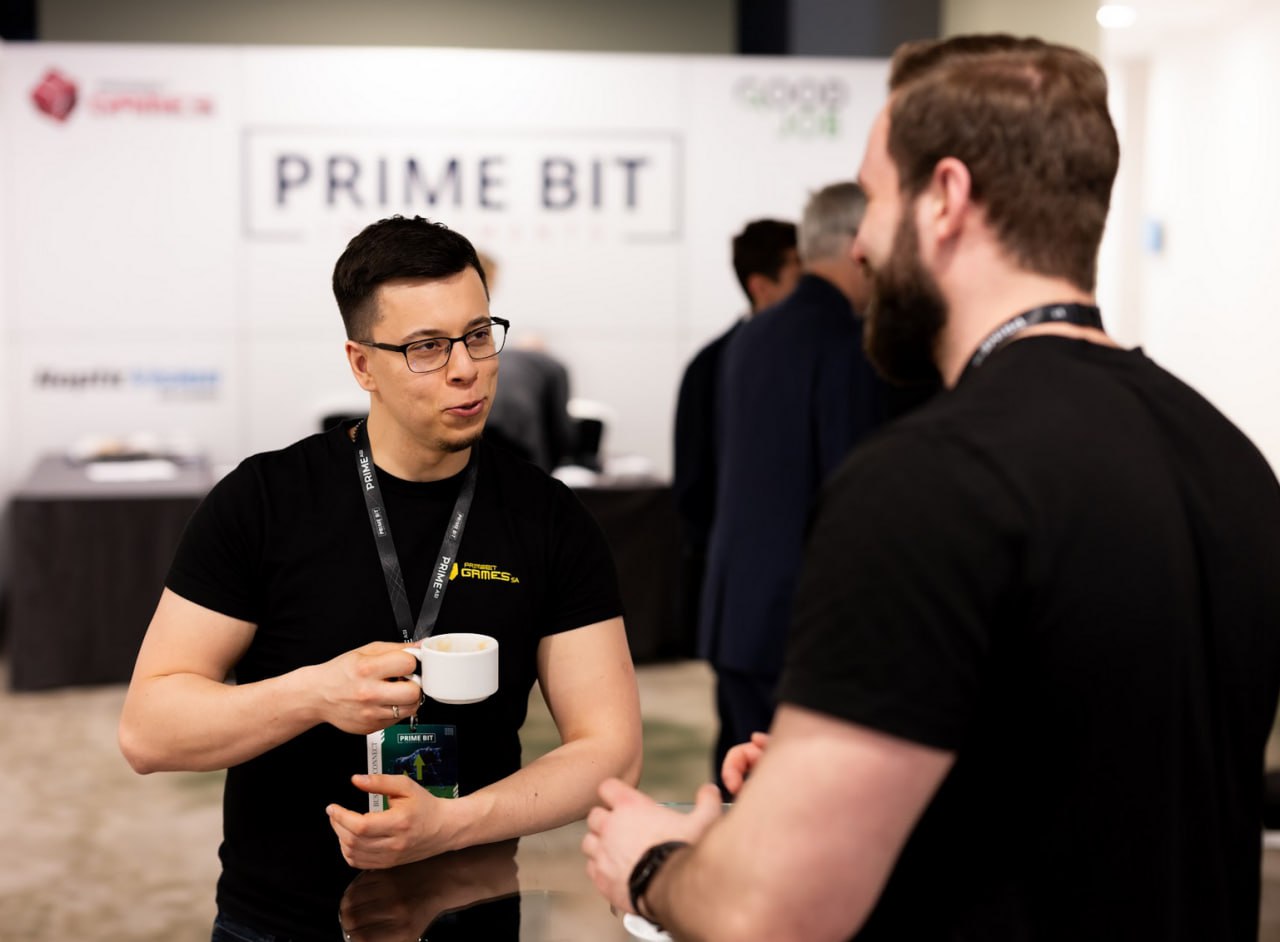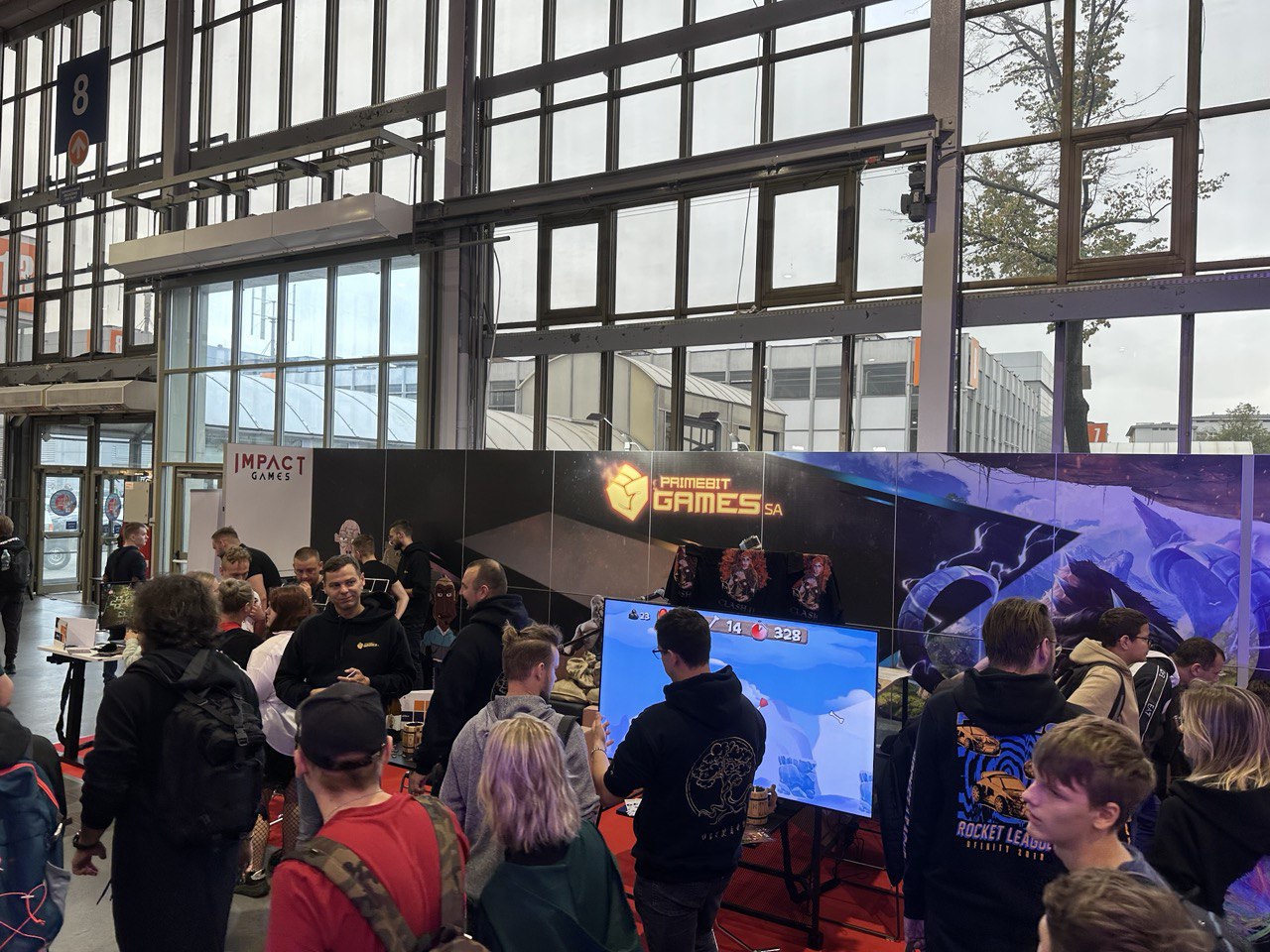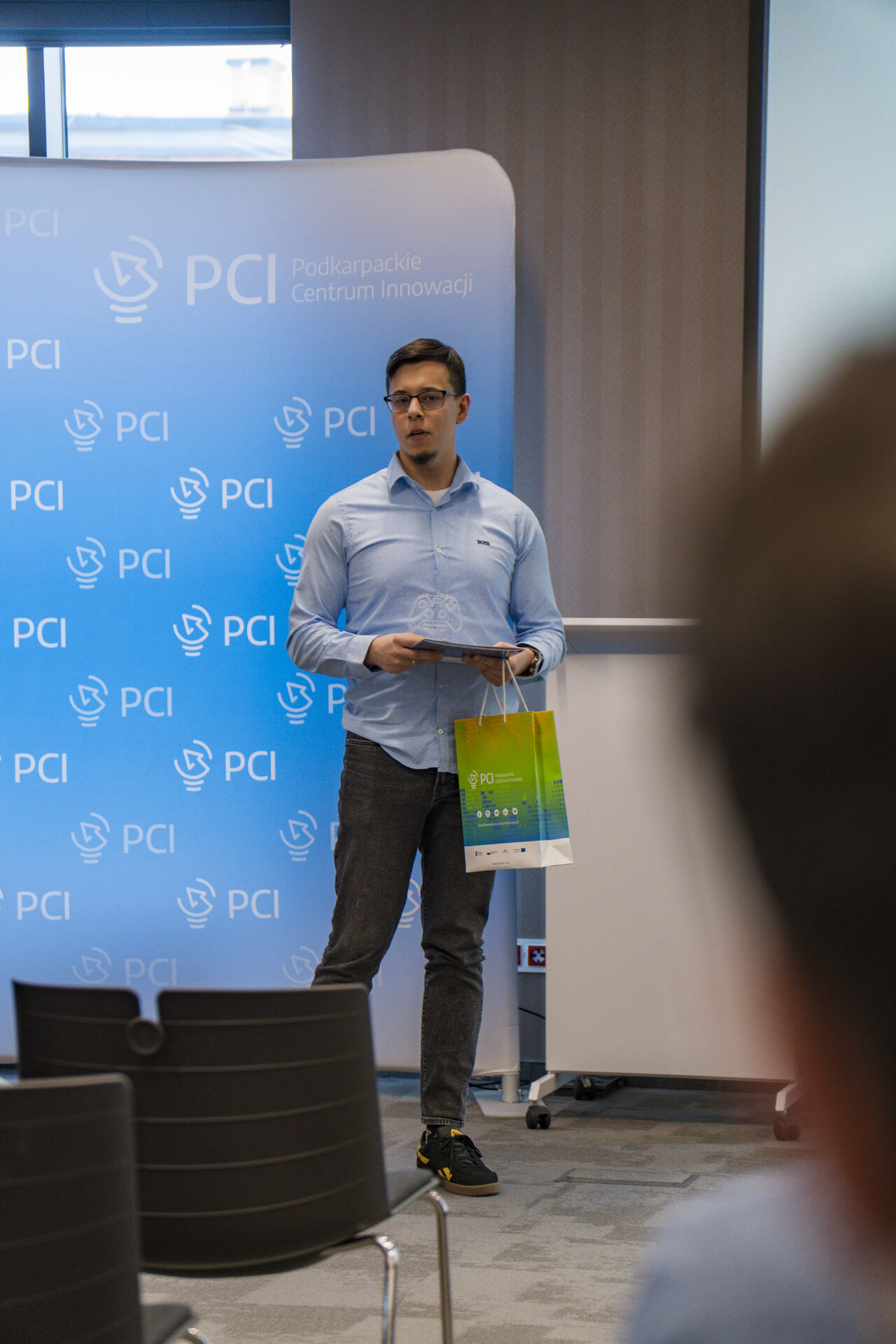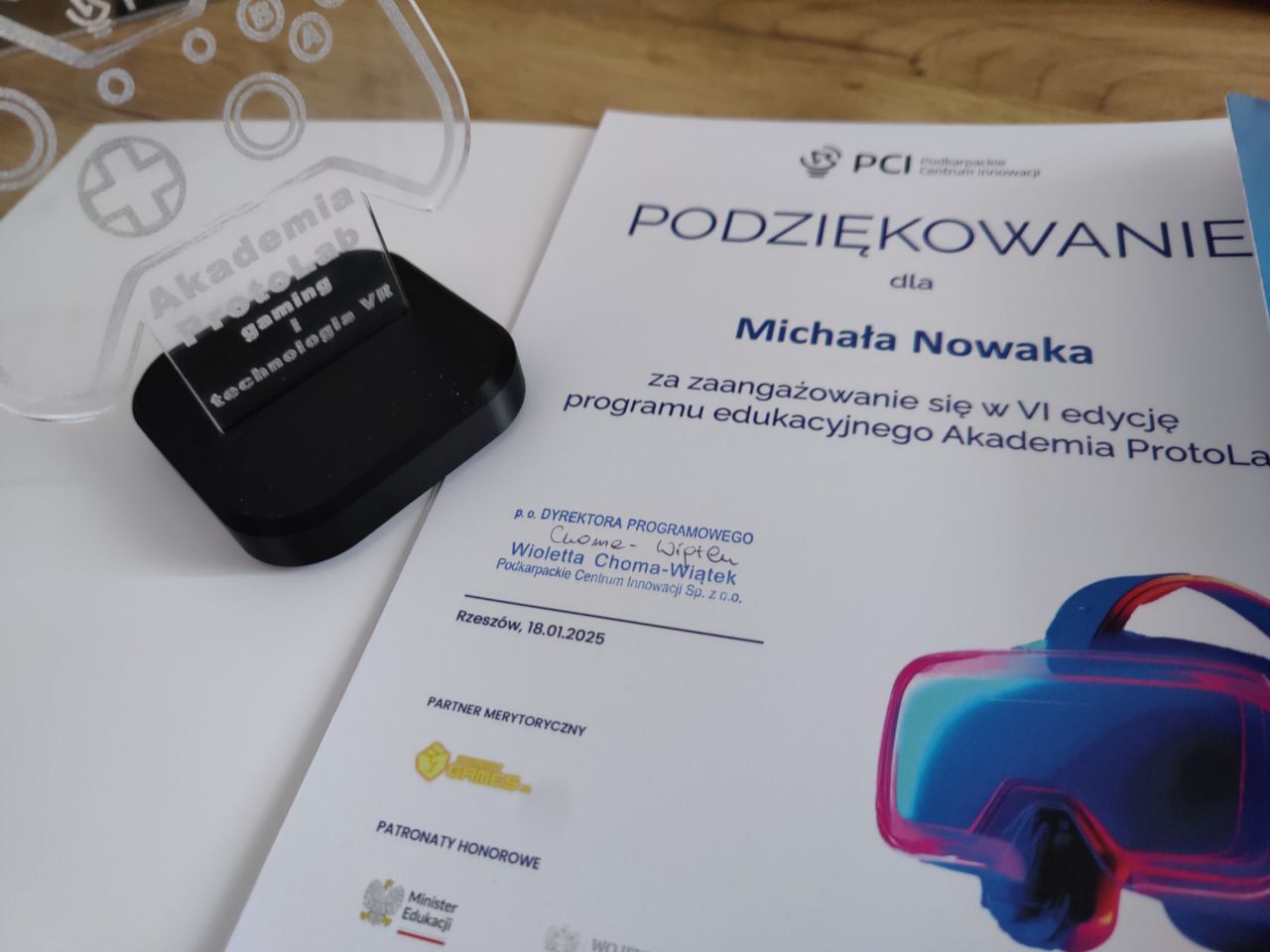I too am “Whooo.” But I’m also “Wheee!” So the “Wheee” balances the “Whooo.”
Esquie
Game Producer & Project Manager
The Perfect Producer For Your Team!
I lead game production across a variety of setups — from in-house teams to distributed and outsourced projects. I focus on removing ambiguity, maintaining momentum, and adapting the process to fit the team and product.
I like staying close to the team — listening, filtering problems, maintaining context, and making sure everyone knows what they’re doing and why. When needed, I help drive decisions, set priorities, or establish a new production rhythm.
My experience covers PC, web, and mobile projects (including Clash II, Legends of Elysium, and console ports), and I’m comfortable working with both Agile workflows (Scrum, Kanban) and milestone-driven structures. Clash II, Legends of Elysium, porty na konsole), a w pracy korzystam zarówno z procesów Agile (Scrum, Kanban), jak i struktur opartych na milestone’ach.
I thrive in environments where production needs structure and the project needs to get delivered — even under constraints.
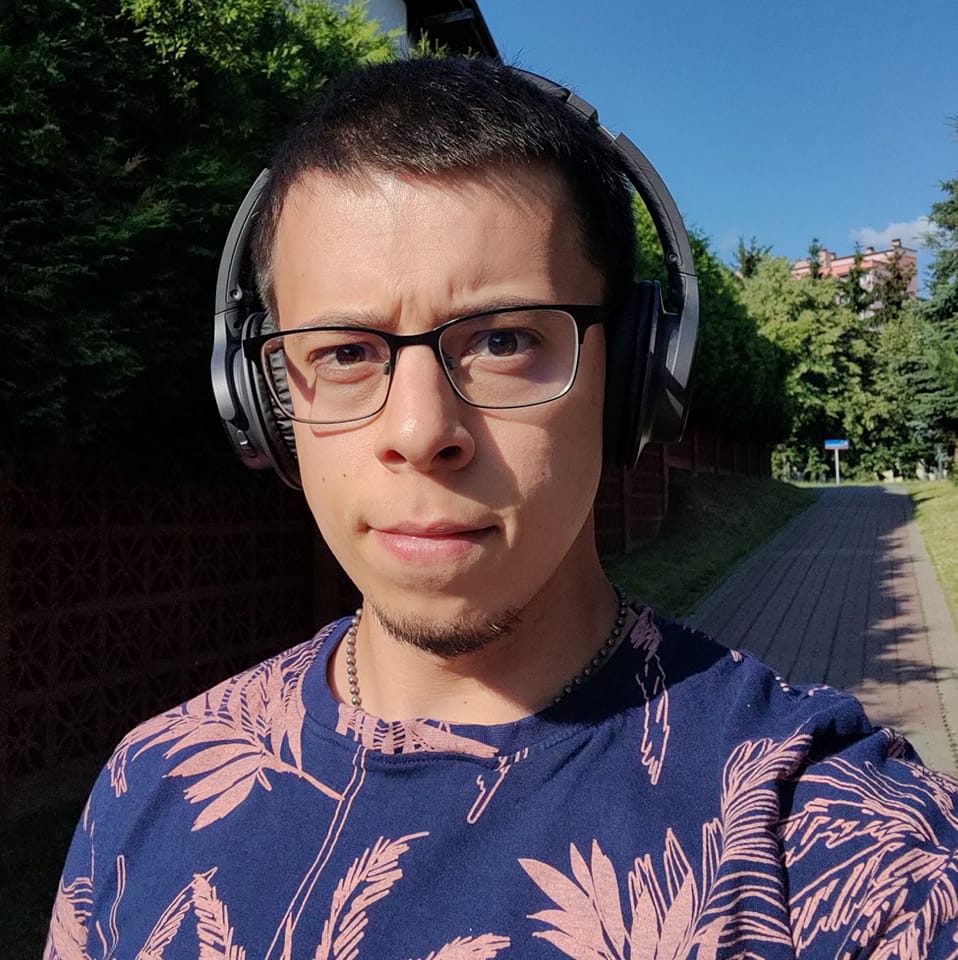
Skill tree
About me
From a young age, games have been more than just entertainment for me — they’ve been a space that shaped my imagination, the way I think, and even my career path. It all started with a Pegasus console — a modest NES clone that completely pulled me into the world of pixels and 8-bit melodies. Over time, that fascination grew into a passion for creating games, and today, as a game producer, I help dev teams deliver polished and engaging projects.
As a player, I’m an Explorer type — according to Bartle’s classification, that means I get the most joy out of discovering worlds, systems, and hidden meanings. I love games with well-written stories, deep mechanics, and soundtracks that stay with you long after the credits roll. I bring that same mindset to work — I care about projects that leave a lasting impression.
At work, I’m driven by perfectionism, but above all, I value openness and collaboration. I enjoy supporting people, sharing knowledge, and creating an environment where everyone feels involved and empowered. I’ve got experience both leading internal productions and coordinating external teams (outsourcing), as well as porting games to various platforms — from PC and web to mobile and consoles.
Outside of work, I’m an animal lover — especially dogs — and a big fan of music, particularly heavier sounds that fuel both my focus and downtime. I also love animated series, fantasy books, and any form of creative storytelling — all of which constantly inspire me to create better, more immersive games.
Projects
Clash II
Description: A tactical strategy game set in a dark fantasy universe, inspired by classics of the genre. Clash II features a deep turn-based combat system, exploration, army building, and a non-linear campaign shaped by player choices. The game was developed in Unity and released on Steam and GOG. Its official premiere took place at Poznań Game Arena 2023, where it was showcased to a wide audience.
Technologies: Unity, C#, Git, Jira, Confluence, Miro
Role: Game Producer / Project Lead
Team: 15+ people
Project duration: 3 years
Scope of responsibilities:
-> Coordination of the development team’s work
-> Sprint planning and backlog management
-> Feature prioritization and roadmap execution
-> Communication with the management board and progress reporting
-> Crisis management (including budget constraints and shifting project assumptions)
Legends Of Elysium
Description: A strategic fantasy card game that blends classic TCG mechanics with a board-based combat system. Players build hero decks, cast spells, summon units, and engage in turn-based battles on a grid-based battlefield. The game features an economy built on blockchain technology, allowing players to both earn and spend the LOE cryptocurrency within the game.
Technologies: Unity, C#, Git, Jira, Confluence, Trello, Discord
Role: Game Producer / Project Coordinator
Team: 10+ people (internal and outsourced)
Project duration: 2 years
Scope of responsibilities:
-> Task planning and synchronization of cross-company teams
-> Daily collaboration with the client, including status meetings
-> Ensuring communication between teams and delivering game builds for testing
-> Responding to unforeseen situations (delays, changing requirements)
External project #1
Description: A project delivered for an external client, involving the production of 14 interactive mini-games themed around the client’s business. The games were part of a promotional campaign. The development team was split into smaller sub-teams while maintaining a unified visual style and shared creative direction. The entire package was designed and developed in Unity, with full support for touchscreens — tested on showroom hardware used during the client's promotional activities.
Technologies: Unity, C#, Git, Trello, Google Docs
Role: Game Producer / Project Coordinator
Team: 10+ people
Project duration: 6 months
Scope of responsibilities:
-> Estimating the budget and project team structure
-> Managing the production of 14 mini-games under a common concept
-> Coordinating an iterative approval process with the client
-> Implementing and overseeing production tools and workflows
-> Testing and technical validation on target touchscreen hardware
External project #2
Description: A project delivered for a client in the medical industry, aimed at creating an immersive therapeutic application using VR technology. The app supported oncology treatment through Imagination-Based Therapy and enabled interaction between the patient (VR user) and the therapist (PC operator). The project included modules such as patient database management, real-time biometric monitoring, and a four-phase therapeutic path designed with symbolic structure.
Technologies: Unity, C#, VR, Oculus Quest, Nuitrack, Git, Trello, Google Docs
Role: Game Producer / Project Coordinator
Team: 5+ people
Project duration: 1 year
Scope of responsibilities:
-> Coordination of an interdisciplinary team
-> Managing project scope and documentation
-> Planning and oversight of the product’s iterative development
-> Supporting technological decision-making and development direction
-> Collaboration with the client and representatives of the medical sector
Case study
Topic: Dropping multiplayer mode and implementing an alternative solution.
Problem:
The project originally assumed the inclusion of a full-featured online multiplayer mode. However, during production it became clear that the team lacked a network specialist, and there was neither enough time nor budget to hire an additional developer for this feature.
Analysis:
I identified the lack of networking expertise in the team and conducted an internal needs audit. I prepared a detailed profile of the required skills and responsibilities for a potential new hire. After discussions with the management, it became clear that there would be no additional budget for recruitment, and none of the current team members could take on the task without risking overwork.
Solution:
I proposed an alternative in the form of a local hot seat mode integrated with Steam Remote Play. This allowed players to share one game instance remotely—without building a dedicated multiplayer backend.
Result:
The team implemented the new solution within the available resources, and the game was released with a local mode that supported remote access. While it wasn’t a full multiplayer experience, players appreciated the workaround, and the project avoided major criticism. Ultimately, the feature was well-received as a valuable addition to the single-player game.
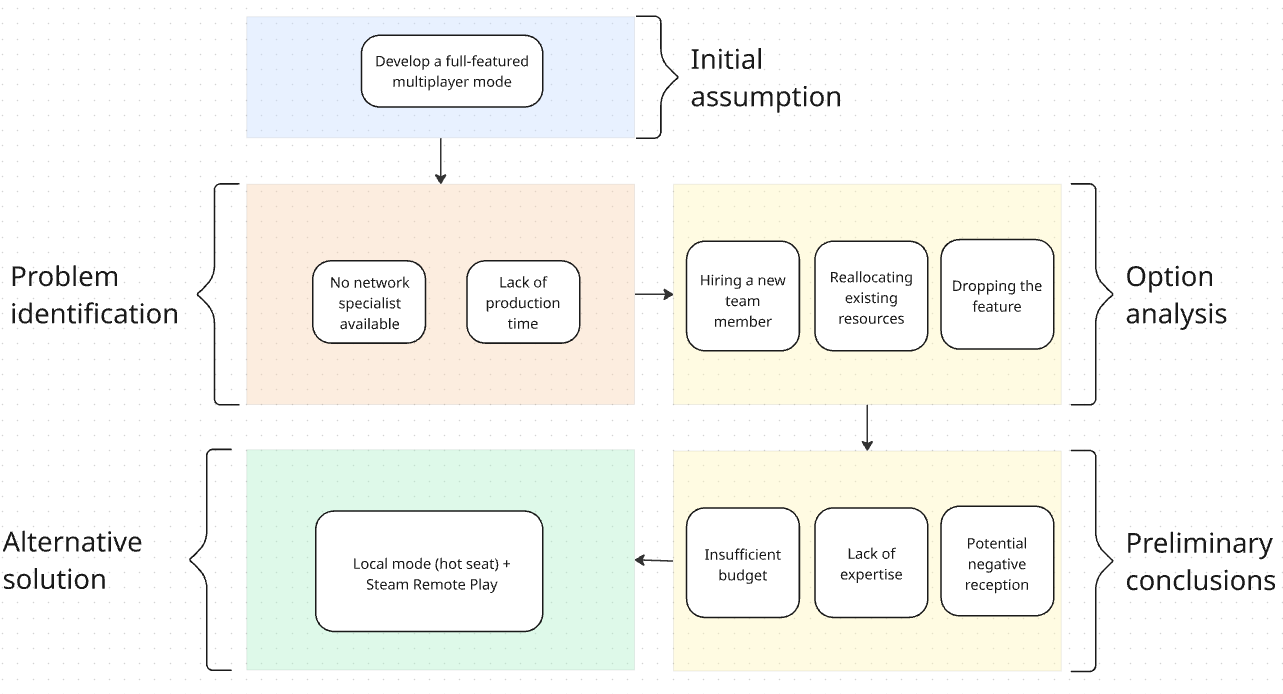
Topic: Streamlining the feedback process and improving multi-team collaboration.
Problem:
Three independent teams were involved in the project: an internal development team, an external (outsourced) team, and a client-side team responsible for part of the conceptual and marketing layer. During the UX/UI prototyping phase, difficulties arose in establishing a unified vision and shared priorities, which led to prolonged development efforts without noticeable results.
Analysis:
I noticed that there was no consistent communication channel or tool for managing change. Feedback and suggestions were being shared in various forms and at different times, which disrupted the workflow of the development team. There was also a growing need to better distinguish between high-priority revisions and less critical ones.
Solution:
I initiated a conversation with the client, during which I proposed solutions to improve communication and the revision process. Together, we agreed on the following:
-> creating a dedicated Trello board for submitting suggestions and revisions,
-> introducing a simple system for marking priorities,
-> limiting the number of iterations to selected project areas.
After the proposal was accepted, I implemented the new tool, trained the team, and provided the client with access and usage guidelines. The team quickly adapted to the new workflow.
Result:
Introducing clear guidelines and a shared tool improved the overall workflow between all parties. Feedback became more structured, allowing the team to plan sprints more efficiently. The number of revisions was reduced, changes were implemented faster, and high quality was maintained along with a positive working atmosphere.
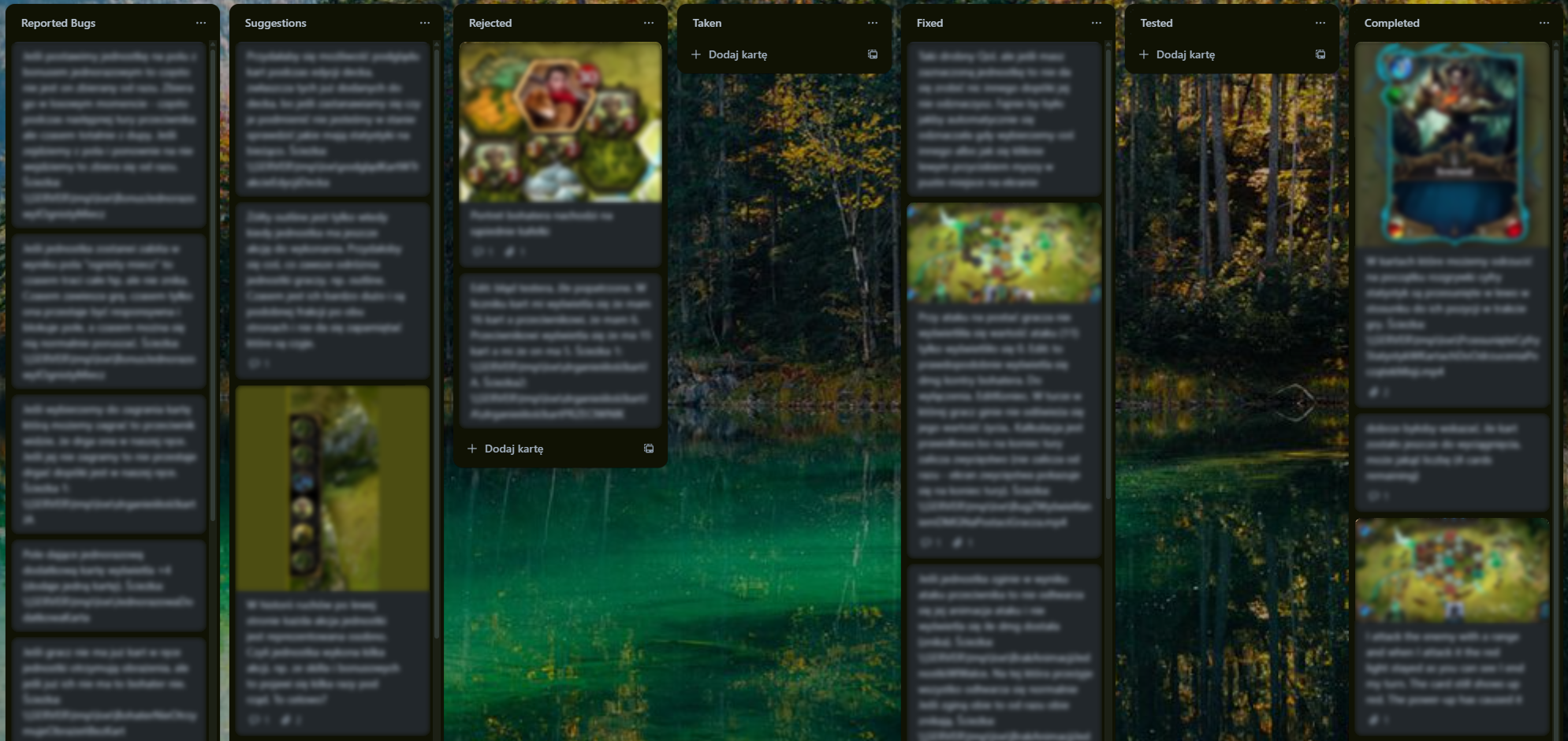
Topic: Identifying a drop in engagement and creating a safe space for asking for help.
Problem:
At some point, we noticed a slowdown in the delivery of certain project modules. Initially, it was difficult to identify the cause—there were no clear signals, and the timeline began to drift away from the original plan.
Analysis:
After speaking with the team, it became clear that the issue might have stemmed from insufficient support with more demanding tasks. Some team members weren’t reporting difficulties in time, which led to bottlenecks in further development. I also noticed a general lack of comfort within the team when it came to openly asking for help.
Solution:
I initiated one-on-one conversations to create a space for open communication. During one of these talks, I learned that fear of judgment was a barrier to speaking up about problems. Based on that insight, I implemented a new approach:
-> regular check-ins with team members,
-> promoting a culture of feedback and openness,
-> encouraging collaborative problem-solving without fear of judgment.
I also asked close teammates to offer mutual support and stay attentive to any warning signs.
Result:
After a few weeks, the team began working more smoothly, and reporting difficulties became the norm rather than the exception. The delayed modules were brought back on track, the team atmosphere improved, and members started proactively sharing ideas and concerns, which significantly boosted overall efficiency.
GAMEDEV EVENTS
Engagement beyond production
– mentoring, talks, community
From the very beginning of my career, I’ve been actively involved in educational and community initiatives related to the video game industry. I regularly support young creators as a mentor during game jams and hackathons, sharing my knowledge in production, workflow organization, and game design.
Back in 2019, I had the pleasure of mentoring during GameJam 2019, helping teams create games in just 24 hours. In the following years, I continued on this path at events like SpaceHack 2020 or Cyberiada 2021, where I also provided technical support to the organizers alongside my mentoring role.
One of the more complex projects was the Turniej Trójgamiczny (T3G) in 2021–2022, where I served as both mentor and guide — delivering in-person lectures and online classes while helping three teams of young creators go from concept to playable prototype. I supported them at every stage — from early ideas, through testing, all the way to the final pitch.
In 2023, I continued my mentoring work during HackJam 2023, and also gave a talk as part of the Techni Schoolinitiative — where I worked with high school students to create a simple game prototype and introduced them to the behind-the-scenes world of game production.
At the same time, I took part in industry events. During Poznań Game Area 2023, I participated as an exhibitor, promoting the release of our game Clash II— a valuable experience in both networking and marketing.
In 2025, I also had the opportunity to speak as a guest lecturer at the PCI (Podkarpackie Centrum Innowacji),where I delivered a motivational talk on career paths in gamedev and served on the jury of the ProtoLab Academy competition focused on games and VR technology.
